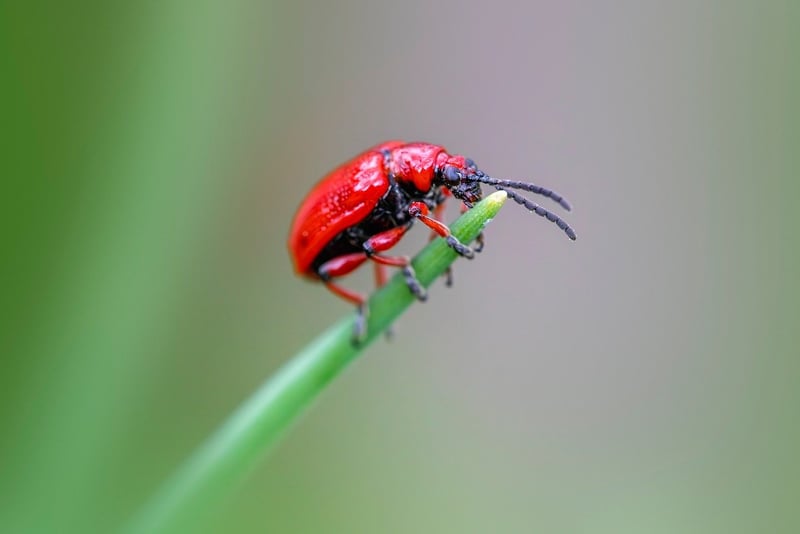Natural Pest Control
Environmentally Friendly Gardening and Natural Pest Control
Welcome to the world of environmentally friendly gardening! Not only does it allow you to grow beautiful and healthy plants, but it also helps protect the environment by reducing the use of harmful chemicals. One key aspect of eco-friendly gardening is natural pest control, which involves using natural methods to keep pests at bay without harming the ecosystem. Let's explore some effective techniques for maintaining a thriving garden while being kind to the environment.
1. Companion Planting
Companion planting involves growing certain plants together to benefit each other. Some plants naturally repel pests, so interplanting them with other crops can help protect your garden. For example, planting marigolds near tomatoes can deter nematodes, while basil can help repel mosquitoes and flies.
2. Beneficial Insects
Encouraging beneficial insects like ladybugs, lacewings, and predatory beetles can help control pest populations. These insects feed on common garden pests like aphids, mites, and caterpillars, reducing the need for chemical pesticides.
3. Homemade Remedies
You can make your own natural pest control remedies using common household ingredients. For instance, a mixture of water and dish soap can help control aphids, while garlic and chili pepper sprays can deter insects. These homemade solutions are safe for the environment and easy to prepare.
4. Neem Oil
Neem oil is a natural extract from the neem tree that acts as a potent insecticide and fungicide. It can be used to control a variety of pests, including aphids, caterpillars, and powdery mildew. Neem oil is biodegradable and has minimal impact on beneficial insects.
5. Crop Rotation
Rotating your crops each season can help disrupt pest life cycles and prevent the buildup of harmful insects in your garden. By changing the location of different plant families, you can reduce the risk of pest infestations and maintain soil health naturally.
6. Mulching
Applying organic mulch around your plants can help conserve moisture, suppress weeds, and deter pests. Mulches like straw, wood chips, or compost provide habitat for beneficial organisms and improve soil fertility, creating a healthy environment for your plants to thrive.
By incorporating these eco-friendly gardening practices and natural pest control methods, you can create a sustainable and biodiverse garden that flourishes without the need for harmful chemicals. Embrace the beauty of nature and enjoy the rewards of a healthy garden while protecting the environment for future generations.

For more tips and inspiration on environmentally friendly gardening, visit Royal Horticultural Society.
